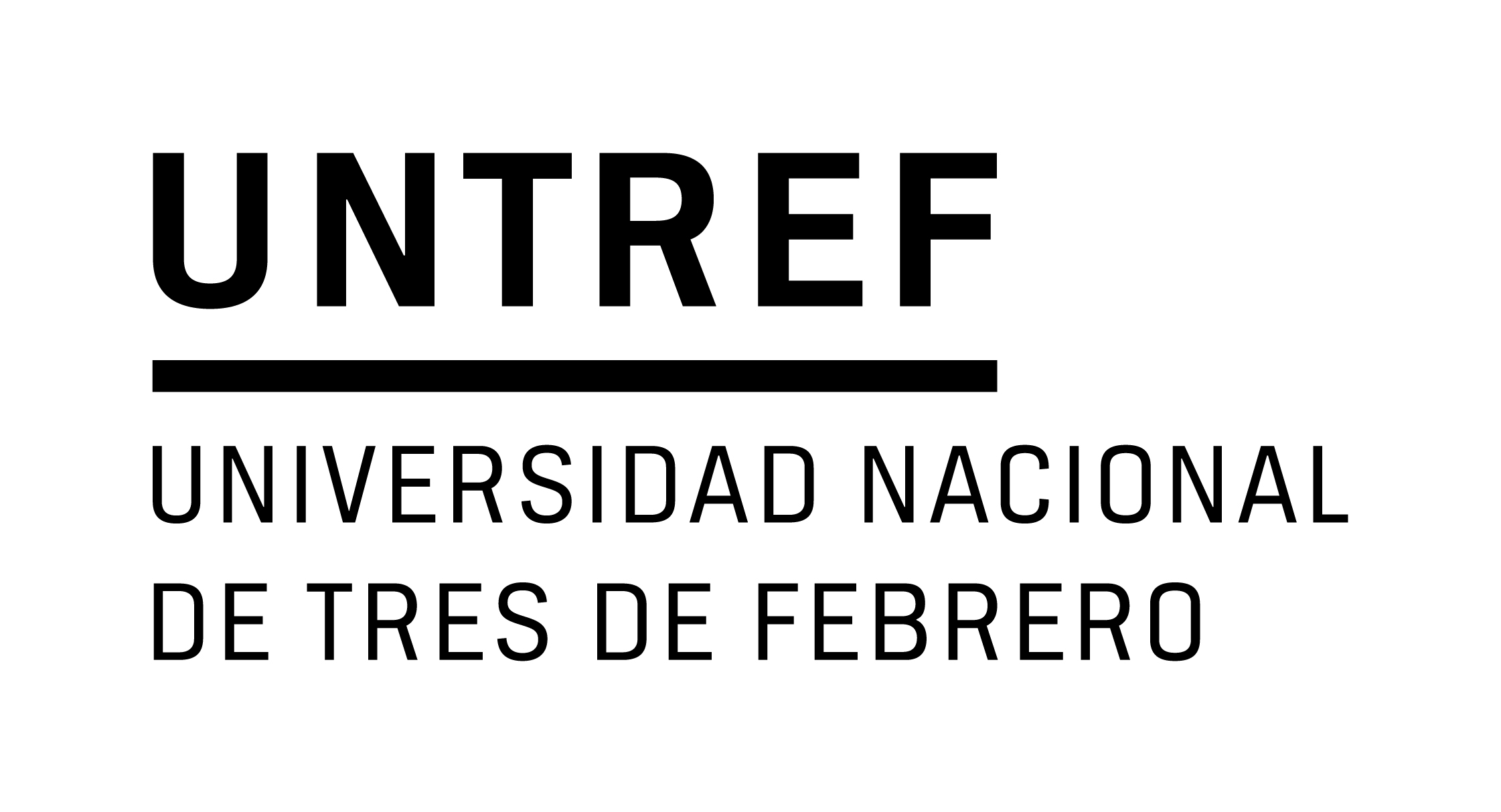Working together : new directions in global labour history
Por: Lucassen, Leo .
.
Tipo de material:  Artículo Tipo de portador: ImpresoTema(s): TRABAJO
Artículo Tipo de portador: ImpresoTema(s): TRABAJO| Tipo de ítem | Ubicación actual | Signatura | Info Vol | Estado | Notas | Fecha de vencimiento | Código de barras | Reserva de ítems |
|---|---|---|---|---|---|---|---|---|
| Publicación Periódica | Biblioteca UNTREF - Sede Posgrados | H94(100)/GLO (Navegar estantería) | Vol. 11, no. 1 (mar. 2016) | Disponible | CSR | 2.009467 |
Contiene figuras
The aim of this article is to show the added value of global history that puts labour and labour relations as independent variables in the centre and uses structured long-term data by collaborating closely with historians in various parts of the world. The first part focuses primarily on the global labour relations approach, within the broader debate on social inequality and migration. The second part illustrates the potential of labour as an independent variable by reflecting on recent innovative work pertaining to labour-intensive industrializations in East Asia and Europe. The third part employs the perspective of migration to show the interrelated nature of labour relations and labour. Using the insights from the global labour relations approach and by taking labour seriously, the article will help to address core questions in labour history in a more structural way: why has work been valued and compensated in very different ways over the past five centuries? And how have people individually or collectively influenced these conditions? To find answers, it is crucial to make use of standardized empirical data, structured global comparisons, and more intensive collaborations.
